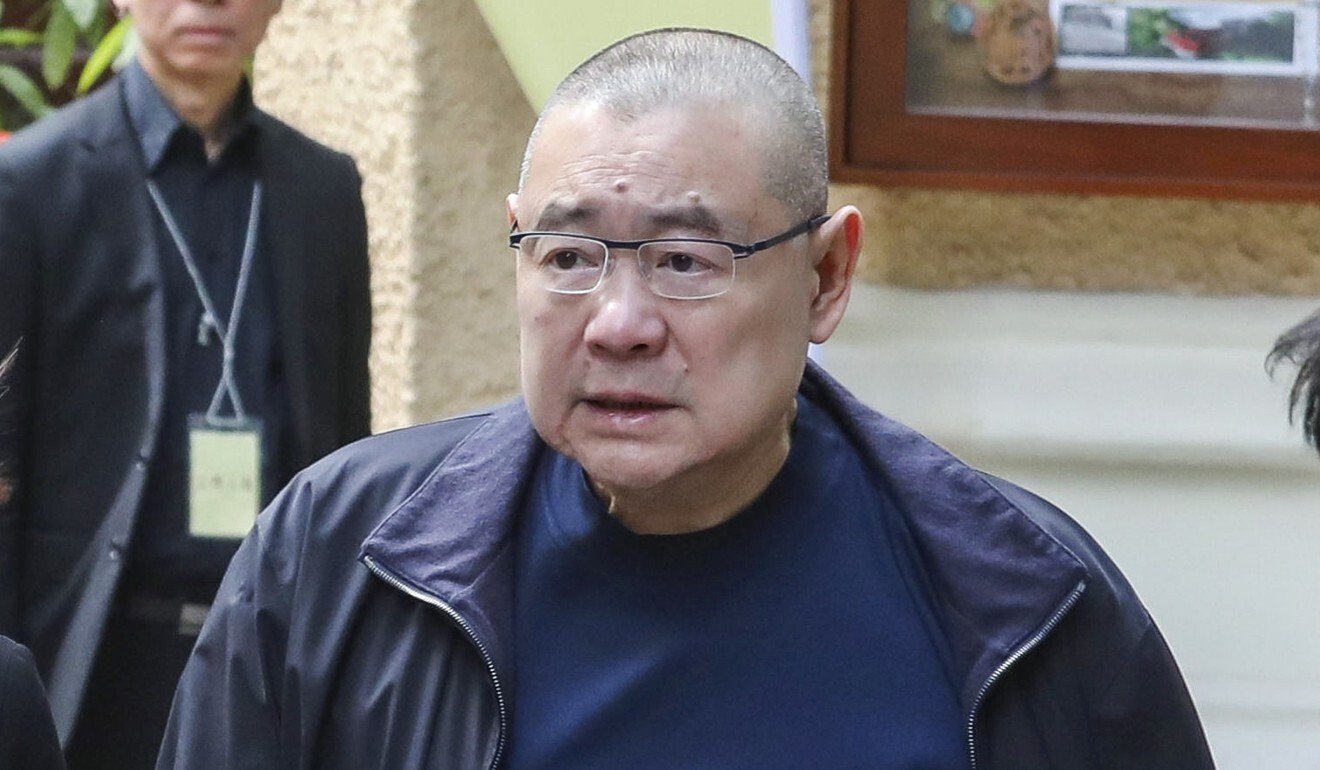
Chinese Estates sells no property in the first-half, sees net profit hit by Covid-19 as it cuts into rental income
- Chinese Estates posts a 7 per cent decrease in net profit to HK$785.9 million
- Rental income fell 19.2 per cent as anchor tenant of UK property surrendered lease in first quarter
Chinese Estates Holdings, controlled by the family of tycoon Joseph Lau Luen-hung, said it did not sell a single property in the first half while reporting a 7 per cent decrease in profit to HK$785.9 million (US$101.4 million) because of declines in rental income and fair value of its investment properties as a result of the Covid-19 outbreak.
Revenue dropped 17.5 per cent to HK$222.7 million in the first six months of the year, from HK$269.9 million in the same period in 2019, the company said in its results announcement on Thursday.
“The drop in rental income of the group during the period was mainly due to the surrender of lease by an anchor tenant of one of the investment properties in the United Kingdom,” the developer said in the filing to the stock exchange. The company added that it had extended rent concessions to certain tenants to ease their hardship in view of the Covid-19 pandemic.
The anchor tenant of River Court, a freehold office building in Fleet Street, London, moved out in the first quarter of 2020, according to the statement. River Court provides a total net internal area of about 431,324 square feet, together with certain car parking spaces. While the retail portion of River Court was fully let, the office accommodation was vacant, the statement added.

Overall property rental income fell 19.2 per cent to HK$211.5 million in the first half, from HK$261.8 million a year earlier.
Chinese Estates also said that the spread of the pandemic resulted in an unrealised loss on fair value changes of investment properties of HK$426.0 million, mainly from its Harcourt House office property in Hong Kong.

Lau, its former chief executive, is the fourth richest man in Hong Kong with a net worth of US$16.7 billion, according to Forbes.
Shares of Chinese Estates, which rose as much as 0.4 per cent in the morning session, fell as much as 1.6 per cent after the results announcement during the lunch break.

